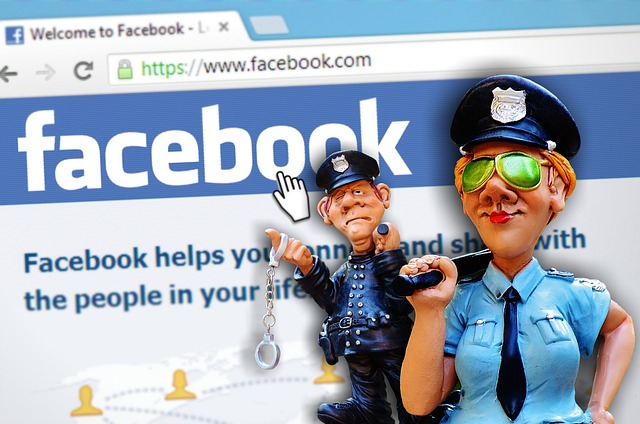Facebook is now a big part of our daily lives. People of all ages and even our pets now do have their own personal Facebook profile.
For many, Facebook is not just a mere social media site anymore. It’s a website where businesses can sell their products and services. It’s a website where people can have full range of entertainment. It’s a portal where people around the globe can connect with each other breaking any kind of barriers.
And with all of this technological power and capability, Facebook also became a high target for online thieves, hackers and the likes. These hackers know that Facebook users love taking quizzes and such so they’ve been using it to steal personal information and data.
According to internet security experts, there are lots of Facebook quizzes and apps out there that are created by hackers to steal personal information and ruin your identity.

The managing director of Florida Center for Cybersecurity, Sri Sridharan, said that these hackers wanted to use the information to make huge sum of money.
“It seems harmless but you never know who’s really asking you for that information,” Sridharan said.
Sridharan explained that the hackers are using “trendy and viral-worthy” Facebook quizzes to entice users. And once they connected it to their Facebook accounts, the “quiz” will start extracting personal information and data. Worst, it can infect your whole account that can lead to the spread of a malware.
“The more they know about you, the more ways they can trick you into doing something like clicking on a link you should not click on,” Sridharan added.
And in order to protect you from this kind of hack, he suggests participating only in quizzes from reputable sources. Below are some recommendations straight from the Florida Center for Cybersecurity:
– Hover over hyperlinks before you click on them. (look at the URL where the link will take you)
– Open any web links from your browser independently of the social media website.
– Value your email address and your login credentials, just like you would cash: It’s that valuable. (never ever give out your login credentials to anyone)
– Report scams through the social media sites
– Be wary of links posted by friends that seem unusually sensational. Instead of clicking on the link, go to a trusted new source and search for the story there. (Don’t forget to message them about the link they posted because they might be a victim of malware)
– Be wary of Internet quizzes or polls that require you to sign in or pull personal information. Why? You don’t know who they are sharing this information with. For example: What street did you grow up on is a common bank security questions. To be super safe, stick to traditional quizzes in printed magazines.
via wfla.com
